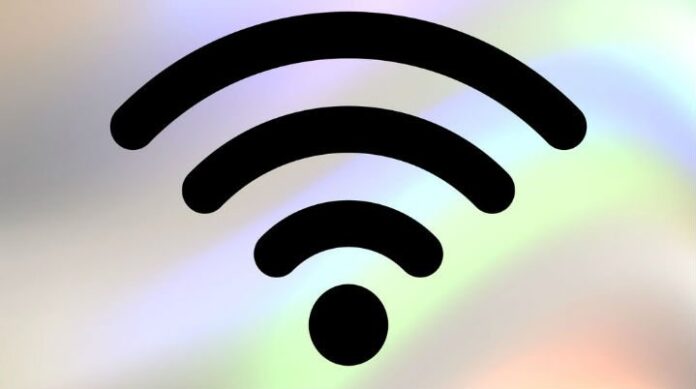The news this week shows that Wi-Fi continues to gain ubiquity. In the developing world, Cubans are lining up to spend their hard-earned paychecks on expensive connectivity; and, here in the US, cities and towns continue to deploy Wi-Fi infrastructure for public use.
NBC reports that the 35 Wi-Fi hot spots recently installed by the Cuban government have been very well received by residents of the Communist nation, which has been left behind in the technological revolution due to restrictive trade and economic policies.
Interviews with Wi-Fi users in Havana indicate popularity can make it hard for supply to keep up with demand, despite the economic hardship associated with paying for the access.
Security researcher Samy Kamkar, after successfully using Wi-Fi to track, unlock and remotely start OnStar equipped vehicles, has now demonstrated an iOS-based attack targeted BMW, Mercedes-Benz and Chrysler vehicles, according to Ars Technica.
Kamkar’s OwnStar can steal login creditials of a vehicle using a phone app, then the app can be used to unlock, lock or start the vehicle.
In Lancaster, Pa., ABC reports that an ongoing public Wi-Fi project, set for completion in 2016, will make Lancaster the first city in Pennsylvania to offer free public Wi-Fi.
MAW Communications and city officials started with a hot spot installation in a public park and crews are now deploying the network backbone, which consists of more than 21,000 feet of fiber optic cable.
MAW President Frank Wiczkowski said, “In some respects it’s a utility. That’s why we’re providing free Wi-Fi services in the parks. We’re eventually going to be offering [Wi-Fi] to students and under-priviliged people that we’re going to manage through the school district.”
A similar project is under way down in Gainesville, Fla., where leaders this week marked the offering of unlimited Wi-Fi in three community facilities, according to the local ABC affiliate.
Officials said the goal of the Wi-Fi deployment is to bridge the digital divide, which dovetails with a number of federal initiatives being driving by President and Obama and the Federal Communications Commission.
Executive Director of the Gainesville Housing Authority Pam Davis said: “For our children, it meant that they were at a disadvantage. If they needed to study, they had to make sure they had someone that could take them to a library or somewhere where Wi-Fi or the Internet was available. Now, they have the opportunity to have labs in their communities.”
Offering Wi-Fi as essentially a public utility is not unique to America. In New Delhi, India, this week officials announced consideration of offering residents up to 1 GB per month of free Wi-Fi access, with the first phase being deployment of public Wi-Fi in government and private colleges, according to reports.
The Economic Times reports that Ashish Khetan, vice chairman of the Delhi Dialogue Commission, said the second and third phases will cover rural areas and “unauthorized colonies.”
“The minimum speed of the Wi-Fi that we are proposing is 1 Mbps for good user experience and each user should get 1 GB of downloads for a month free. In the first phase, which should not take more than a year to complete, free Wi-Fi will be available in both private and government colleges in Delhi.”
This week on RCRtv’s Wi-Fi Now, Wi-Fi evangelist Claus Hetting discussed the convergence of mobile and Wi-Fi. View that episode of Wi-Fi now here, and tune into Wi-Fi now on Thursdays at 1 p.m. CST.

